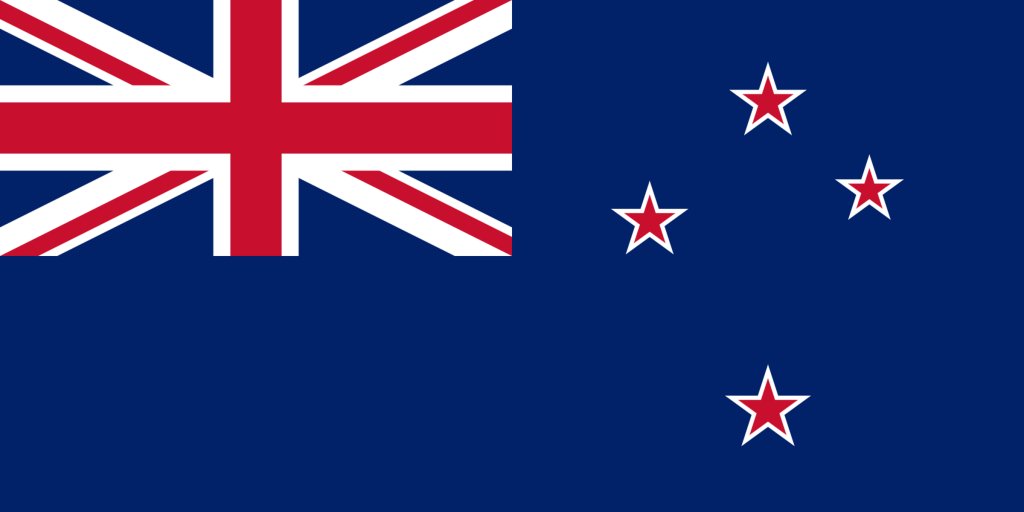Living in New Zealand gives one the chance to experience a place with a stunning natural environment. It is a relatively small nation that is distributed among a handful of islands. The South Island is better known for its breathtaking scenery and a wide variety of outdoor activities, including bungee jumping, adventure caving, heli-biking, and white water rafting. The majority of the cities are located on the North Island. There are alternative opportunities to enjoy the countryside for those who are less adventurous thanks to the varied networks of natural reserves, national parks, beaches, and walking trails that span a combined length of 551km.

New Zealand, like Australia and Canada, has kept its membership in the UK Commonwealth and continues to have strong ties to the UK. But in recent years, there has been a greater focus on the country’s unique Maori past, and their ancestry is getting more attention. It is home to about four million people at the moment.
New Zealand is an expat destination
The country is a melting pot of various nations and cultures, and the country as a whole has a definite multicultural flavor. New Zealand’s population is primarily composed of people of European ancestry, however, the nation is currently drawing a growing number of immigrants from South Asian nations. Living in New Zealand will provide you the chance to meet individuals that come from similar backgrounds to yourself, no matter where you are from.
New Zealand frequently earns the title of one of the best expat destinations in the world due to its low cost of living and friendly tax laws. It is also incredibly safe and clean.
Expats’ cost of living in New Zealand
Comparing New Zealanders residing abroad to those in other industrialized nations, they generally have a high level of living. Expatriates’ cost of living will vary depending on the city in which they reside, with larger cities often costing more to live in than some of the more rural locations. Many New Zealand cities showed a noticeable rise in the ranks in the 2012 Mercer poll, with Wellington rising 74 places and Auckland 56%, respectively.
A Mercer spokesman noted that the cities in New Zealand “leaped up the list as a result of huge rises in both lodging cost and demand, coupled with a stronger New Zealand dollar.” “All of the Australian cities we list have seen significant growth in the demand for rental properties. There are extremely few options available, which has resulted in very competitive markets and higher prices.
If you move here on a local salary, you can expect to live a comparable quality of life as you do now in your home country, but it is important to note that this is accompanied by lower salaries than those offered in the US and Europe.
Language
New Zealand’s official languages are English and Maori. Despite its official status, people seldom ever use Maori.
The climate in New Zealand
The weather in New Zealand is characteristically warm. Despite this, snow is common in both the lower half of the South Island and the mountainous regions of the North Island, where rainfall can be extremely significant.
Expat job and career opportunities in New Zealand
The current economy is one of the main drawbacks for New Zealanders living abroad. The global economic crisis has notably affected New Zealand, where unemployment has reached a six-year high. Therefore, expatriates may find it very challenging to secure acceptable employment, so it is strongly advised to secure a job before moving there.
In general, people who live and work in New Zealand can anticipate receiving lesser pay than they would back home. The cost of living could, however, be significantly lower.
A solid command of the English language is a need for expats in New Zealand, and unless you work in a highly specialized field, you won’t be able to obtain employment if you can’t communicate in the language.
Key information that every expat in New Zealand should be aware of
You must provide proof of the overall health of your family to apply for a resident’s visa. You’ll need to see a doctor for a physical examination. The NZIS requires pre-selected medical specialists to conduct these evaluations for specific countries.
To gain residency in New Zealand, you must demonstrate fluency in both written and spoken English. All potential residents must either demonstrate their proficiency in English or at the very least indicate that they intend to invest in English language instruction.
Healthcare is a right for all citizens of the country. Tourists and temporary residents from countries like Australia, Canada, Denmark, Greece, Guernsey, Ireland, Jersey, the Netherlands, and the UK, which have reciprocal agreements with New Zealand authorities, also receive state health benefits.
You may also like these related articles:
